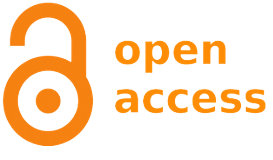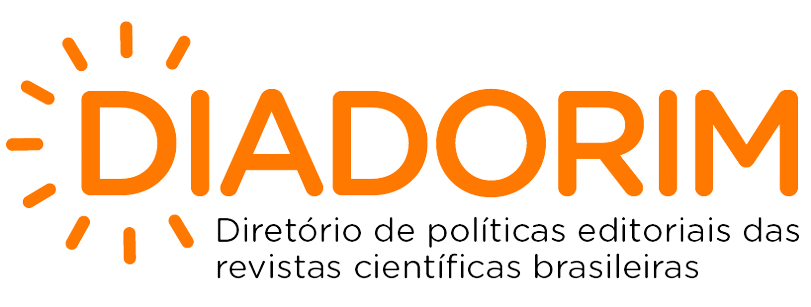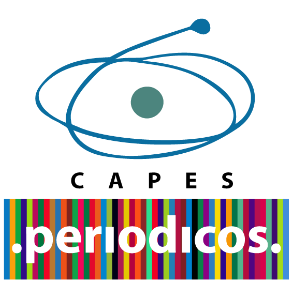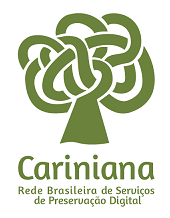GEOGRAFIA, GEOTECNOLOGIAS E PLANEJAMENTO AMBIENTAL
DOI:
https://doi.org/10.5433/2447-1747.2013v22n1p117Palavras-chave:
Geografia Física, Sensoriamento Remoto, Sistemas de Informação Geográfica, Planejamento Ambiental.Resumo
O presente trabalho, fundamentado em revisão de literatura, aborda a relação existente entre Geografia e geotecnologias Sensoriamento Remoto e os Sistemas de Informação Geográfica (SIG), bem como o emprego destas na realização de estudos voltados para o planejamento ambiental. Considerando-se os problemas ambientais, especialmente de ordem climática do Nordeste brasileiro, foi realizado levantamento de alguns estudos nesta região, com o emprego das geotecnologias já citadas, objetivando o planejamento ambiental. Tendo-se em vista que o Nordeste abriga um dos maiores núcleos de desertificação do País - o Núcleo de Gilbués, foram também levantados e indicados alguns trabalhos realizados naquela localidade. É notória a importância do emprego dos princípios científicos da geotecnologia na contribuição ao desenvolvimento do ambiente social e natural, como suporte ao ordenamento, monitoramento e gestão ambiental; no entanto, os resultados obtidos devem ser transformados em ações concretas, que possibilitem, além de sobrevivência, uma relação harmoniosa entre o homem e a terra, visando ao desenvolvimento sustentável. Ressalte-se a necessidade de o profissional geógrafo dominar esta ferramenta tecnológica para melhor gerenciar o meio biótico e abiótico e suas respectivas dinâmicas.Downloads
Downloads
Publicado
Como Citar
Edição
Seção
Licença
Copyright (c) 2014 GEOGRAFIA (Londrina)

Este trabalho está licenciado sob uma licença Creative Commons Attribution-NonCommercial 4.0 International License.
Os(as) autores(as) mantêm os direitos autorais, com o trabalho simultaneamente licenciado sob a Creative Commons Atribuição-Não Comercial 4.0 Internacional. Esta licença permite que terceiros distribuam, remixem, adaptem e desenvolvam o material em qualquer meio ou formato apenas para fins não comerciais, atribuindo o devido crédito de autoria e publicação inicial neste periódico
A revista se reserva o direito de efetuar, nos originais, alterações de ordem normativa, ortográfica e gramatical, com vistas a manter o padrão culto da língua e a credibilidade do veículo. Respeitará, no entanto, o estilo de escrever dos autores. Alterações, correções ou sugestões de ordem conceitual serão encaminhadas aos autores, quando necessário.

Esta obra está licenciada com uma licença Creative Commons Atribuição-Não comercial 4.0 Internacional.

















